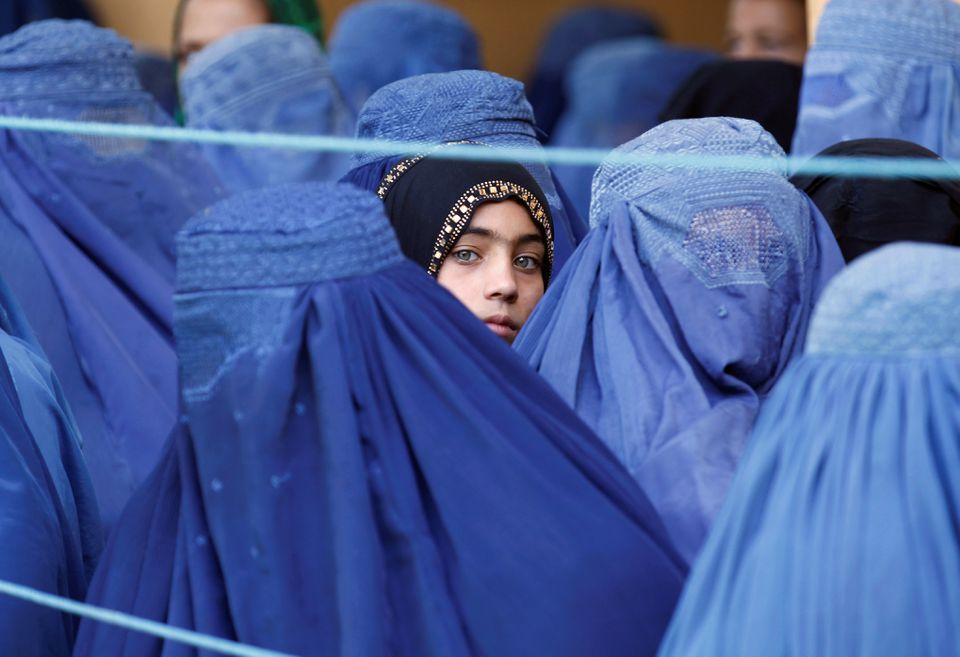KABUL (Pajhwok): A group of UN human rights experts has said that the leaders of the "Islamic Emirate" in Afghanistan “are institutionalizing discrimination and violence . . .
You need to subscribe to view the full article. Please login or register a new account.







GET IN TOUCH
NEWSLETTER
SUGGEST A STORY
PAJHWOK MOBILE APP